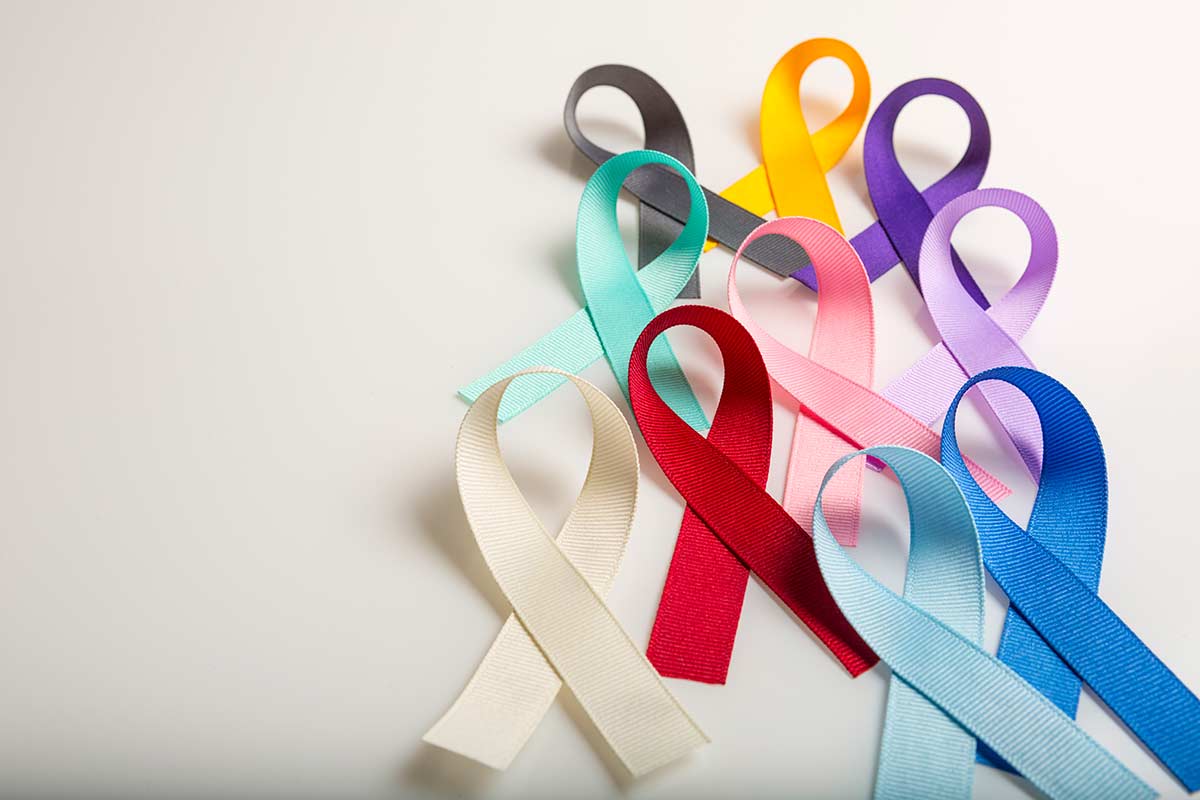Cancer Might Affect Men and Women Differently, But Everyone Needs Support
Rock the Treatment has cancer gift boxes for men and cancer gift boxes for women because we know that cancer affects everyone, regardless of gender. But did you know that cancer affects men and women differently?
How? The disease affects men and women at different rates. Different genders are more prone to develop specific types of cancer. Men and women also tend to approach treatment differently. There are various differences that we will take a closer look at in this article.
When you set the differences aside, at least one common denominator remains: all people with cancer need support when they are getting treatment. Cancer patients of all genders often must rely on friends, family, and neighbors to help them get through what is undeniably a difficult time. If you know someone with cancer, be sure to let them know you care by sending one of our cancer gift boxes from Rock the Treatment.
How Does Cancer Affect Men and Women Differently?
Research shows that cancer impacts women and men differently in various ways. One way is in the rate of developing some type of cancer. Statistics suggest that one in every two men will develop cancer in his lifetime. The rate for women is one in three.
Men and women are also affected by different types of cancer in part because of their anatomical differences. The cancers that affect men the most are colon, lung, skin, and prostate cancer. Cancers that affect women the most are lung, colon, skin, breast, endometrial, cervical, and ovarian cancer.
Men are not only more likely to develop cancer, but they are also more likely to die from cancer when compared to women. Men with any type of cancer are 6% more likely to die from the disease than women with cancer.
When you compare men and women with the same type of cancer, men are 12% more likely to die than the women. In other words, a man with lung cancer is 12 times more likely to die than a woman with lung cancer.
What Causes the Difference in Survival Rates Between Men and Women With Cancer?
The answer to this question is not an easy one, and it might even differ depending on the specific type of cancer involved. What research suggests is:
Lifestyle factors may be responsible – Scientists believe that lifestyle choices such as smoking, consuming alcohol, and eating fatty foods are more prevalent among men. These behaviors are known contributors to various cancers. For example, men are nearly twice as likely to develop liver cancer than women, which may be directly related to heavier drinking.
There is also scientific research that indicates a hormone-related aspect contributes to the way cancer affects men and women. There is evidence that the risk of developing cancer can be traced back to genetics and sex hormones of men and women that contribute to the development of their immune systems, metabolism, and overall susceptibility to cancer. In at least one comparison between men’s and women’s tumors, researchers found genetic differences in 8 of 13. This finding suggests there is a gender connection – at least in some cancers.
Non-Medical Factors Might Also Contribute to Cancer Differences Between Men and Women
Not all of the differences between men and women are steeped in scientific data. There are several social reasons that cancer affects the genders differently.
Men might avoid doctors – Some research suggests that the disparity in survival rates is the result of fewer men addressing symptoms or getting regular cancer screenings. Men tend to avoid medical care more than women. Women, on the other hand, tend to seek help faster and be generally more aware and attentive to changes in their bodies.
The result? Men often face later detection, a greater chance of metastasis, and a cancer diagnosis at a higher and more difficult stage to treat.
Women and men might also take different approaches to fighting cancer. Men tend to make treatment decisions based on data and analysis. Women tend to examine treatment options and make treatment decisions with more emotion. For this reason, women tend to choose the most aggressive form of treatment for their cancer which may be the most successful.
Women also tend to seek advice from others who have had cancer when making treatment decisions. They have strong social connections with their peers that can also help them better withstand their diagnosis and treatment than men. Men tend to approach their treatment decisions pragmatically and often have practical, helpful conversations with their doctors. Men, however, can have fewer social connections and less emotional support than women. All of these factors can affect the outcome of their cancer diagnosis.
Obviously, there are exceptions to these “rules” of how men and women arrive at decisions regarding their cancer, how they communicate, and how quickly they seek medical advice. But, how they do might have serious implications on their health and chances of survival.
Send Cancer Gift Boxes to Men and Women
If you know someone with cancer – a man or woman – you can show your love and support by sending a cancer gift box from Rock the Treatment. At Rock the Treatment, we make it easy to let someone with cancer know you care and support them on their difficult journey. If someone you love has cancer, send a helpful cancer gift basket from Rock The Treatment. Chemotherapy and radiation gift baskets are packed with the essentials needed to ease side effects of treatment, as well as enhance physical and mental well-being. See all of our cancer care packages and find the one that best supports their journey.

